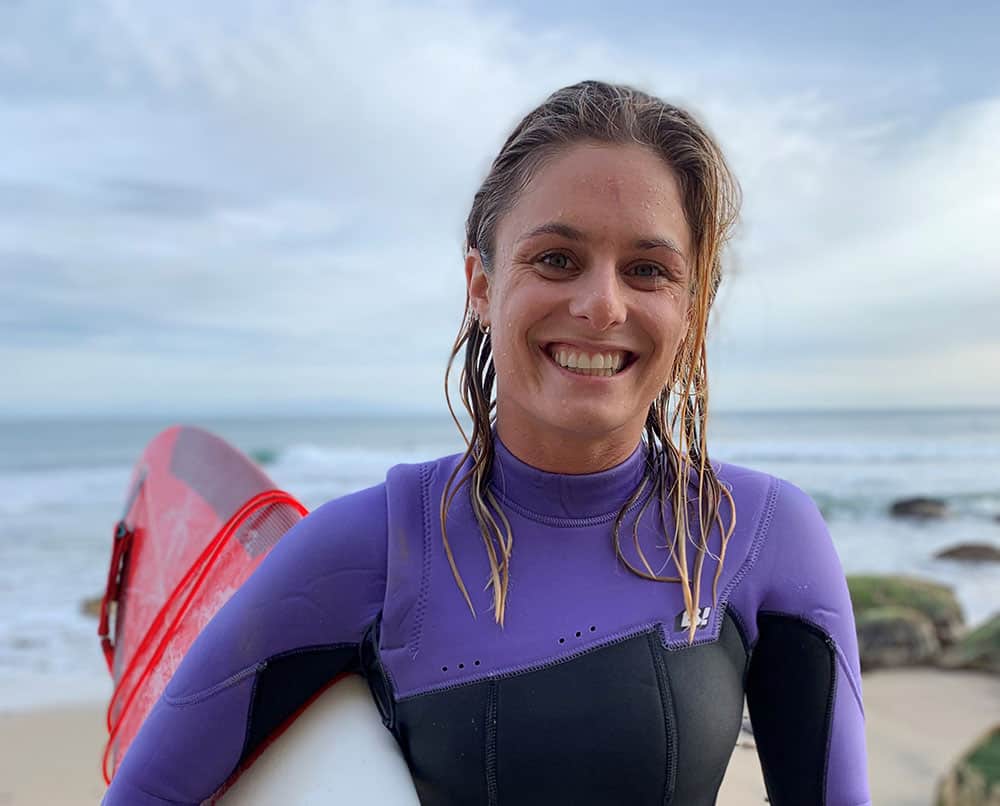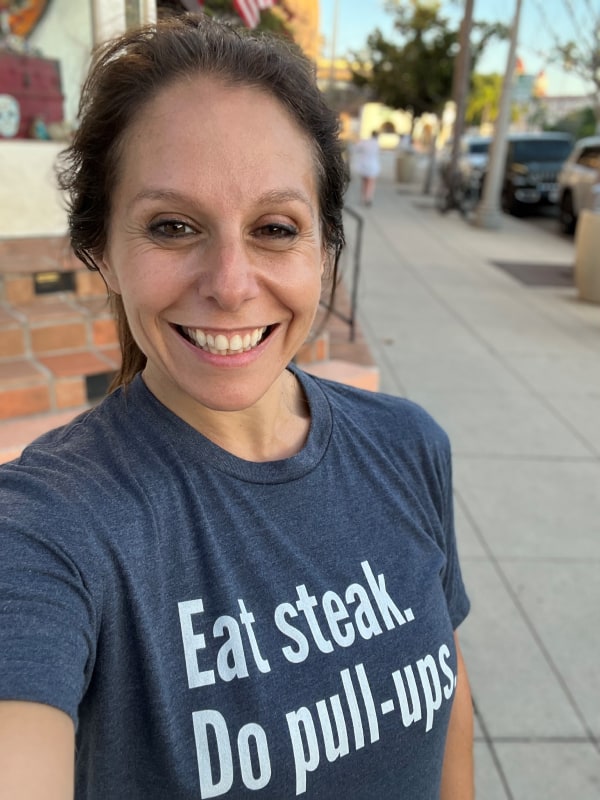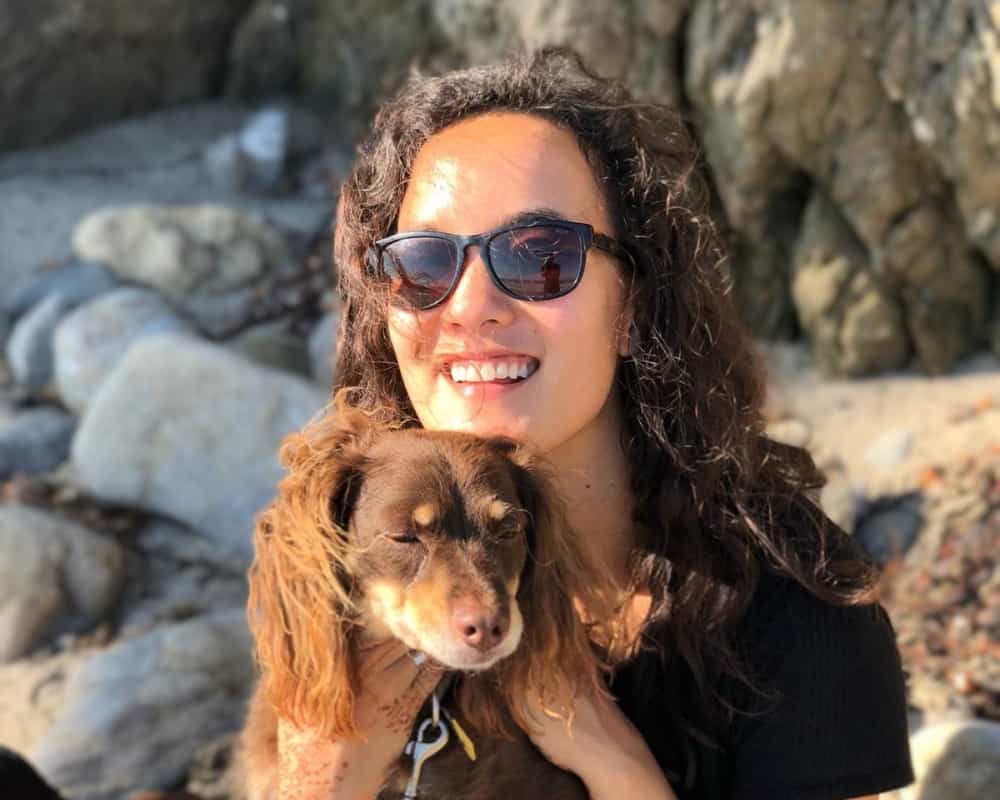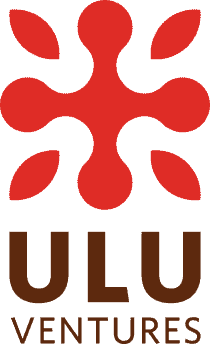Ulupreneur Amanda Calabrese is no stranger to competition, having spent a decade traveling the world as a member of the US National Life Saving team. She was also uniquely familiar with never being able to find a period product she could depend on when it came to competition day. It was a frustration that would have a profound impact on her life.
Surrounded by a family of entrepreneurs, Amanda never thought founding a company would be her path in life. But when she studied product design engineering at Stanford, she learned critical skills to discover unmet needs, which brought to mind her ordeal with period products and competition. It’s also where she met former elite athlete, fellow Stanford engineer, and soon-to-be co-founder Greta Meyer— and together the two decided it was time to give women a better feminine product. So, for the first time in more than 90 years, the tampon was redesigned: the Sequel Spiral received FDA approval in August 2023. Amanda told us it’s only the first in what they hope is a long line of products to help re-engineer the future of women’s health. Both she and Greta were named to Forbes’ 30 Under 30 in 2022. Recently, she shared some thoughts with us about diversity, tips for other founders and described why she thinks founders need to participate in the Ulu market mapping process.
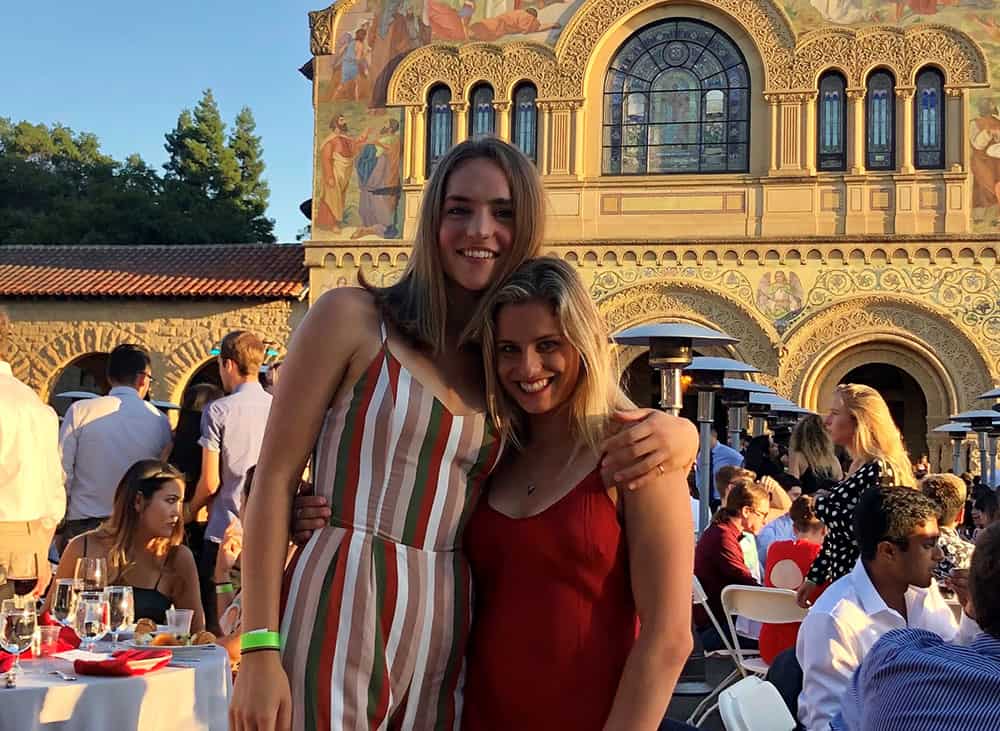
Do you have tips for other founders who are fundraising?
It’s really important to stay as close to the need as possible. As founders, it is our responsibility to use unfair advantages that we have to solve those needs that are not being met by current and existing companies, policies, programs, or systems. I firmly believe that when you’re fundraising—if you can stay close to that need and make sure that you’re very clearly articulating what that is, who you’re impacting, and how you’re going to address it—you will be successful in fundraising, because the one thing we don’t need are more products and services that don’t have needs waiting to be met.
What have been your biggest challenges?
The biggest challenge at a startup is trying to always protect your downside, while also having a healthy appetite for risk—and letting those two things live together comfortably, even though they are inextricably opposed to each other. People will often be drawn to a career that has less appetite for risk because that fits their personality, that fits what they desire. Or they’ll become a stunt double or do something super-extreme, because that’s the type of risk they want to have. As a founder, you need to find a way for both of those to coexist at the same time.
How important is diversity to building your startup?
Miriam Rivera was the first professional investor that we sat down with. And there’s something special about being able to sit down with someone who has shared our experiences and has shared that desire for this product to exist. We wanted to have a diverse cap table and someone who is a role model for us—that was incredibly important. It is so valuable to have diverse opinions, experiences, and perspectives when you go to your investors for help. The reason you let somebody invest in your company or bring them into your company is because they’re going to offer some value to you. I found that Ulu having such a commitment to diverse experiences, perspectives, advice, and influence has been so much more strategic than just capital.
Here Amanda describes why founders want to participate in Ulu’s market mapping process.

